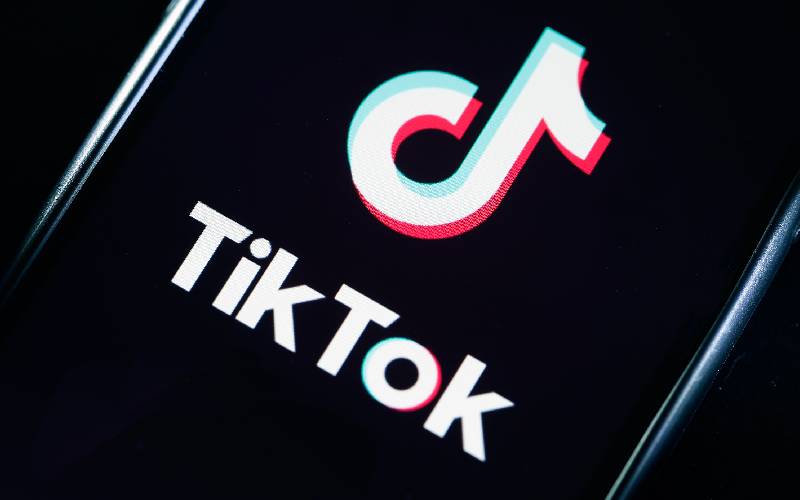×
The Standard e-Paper
Smart Minds Choose Us

At the risk of confusing my more mainstream readers, we must talk about TikTok. No, not the clock, but social media’s latest entrant and its growing impact on Kenyan society.